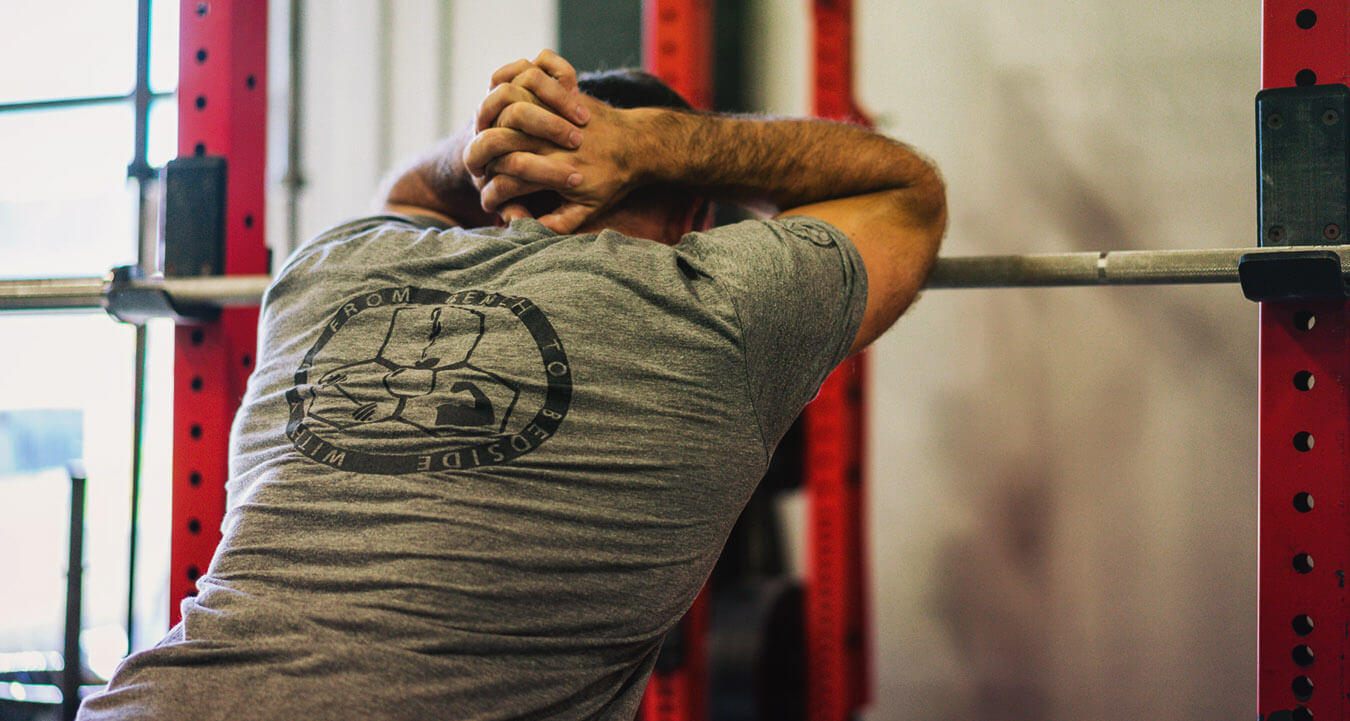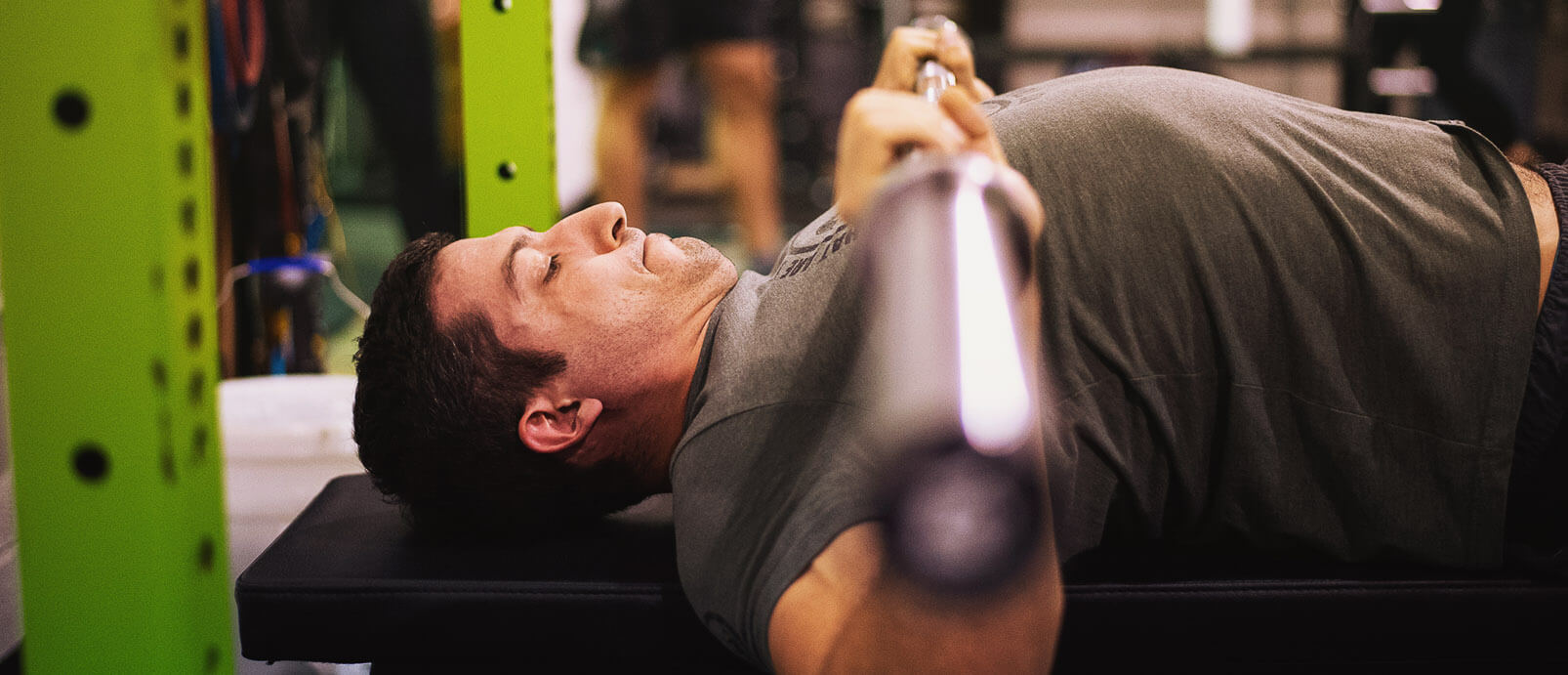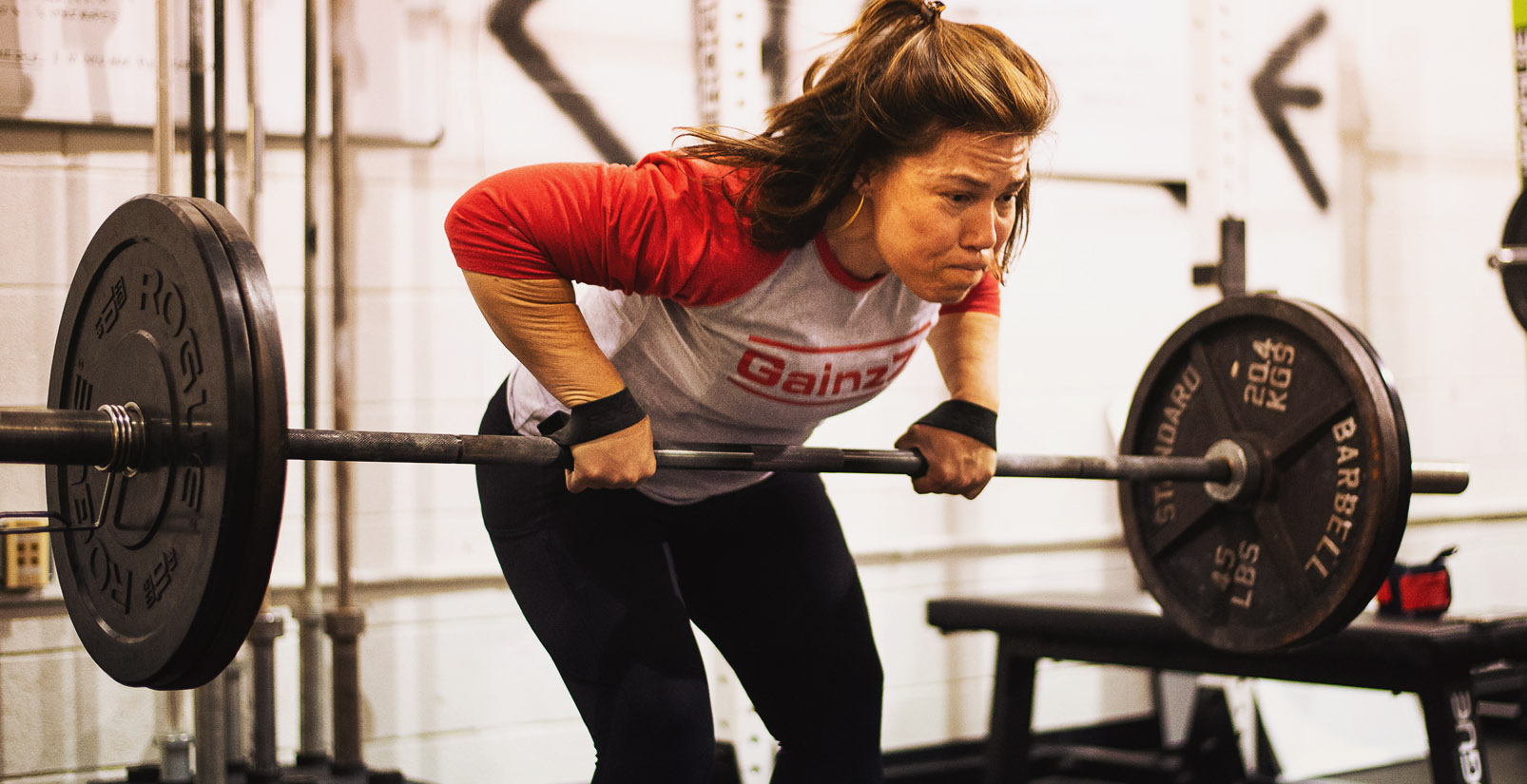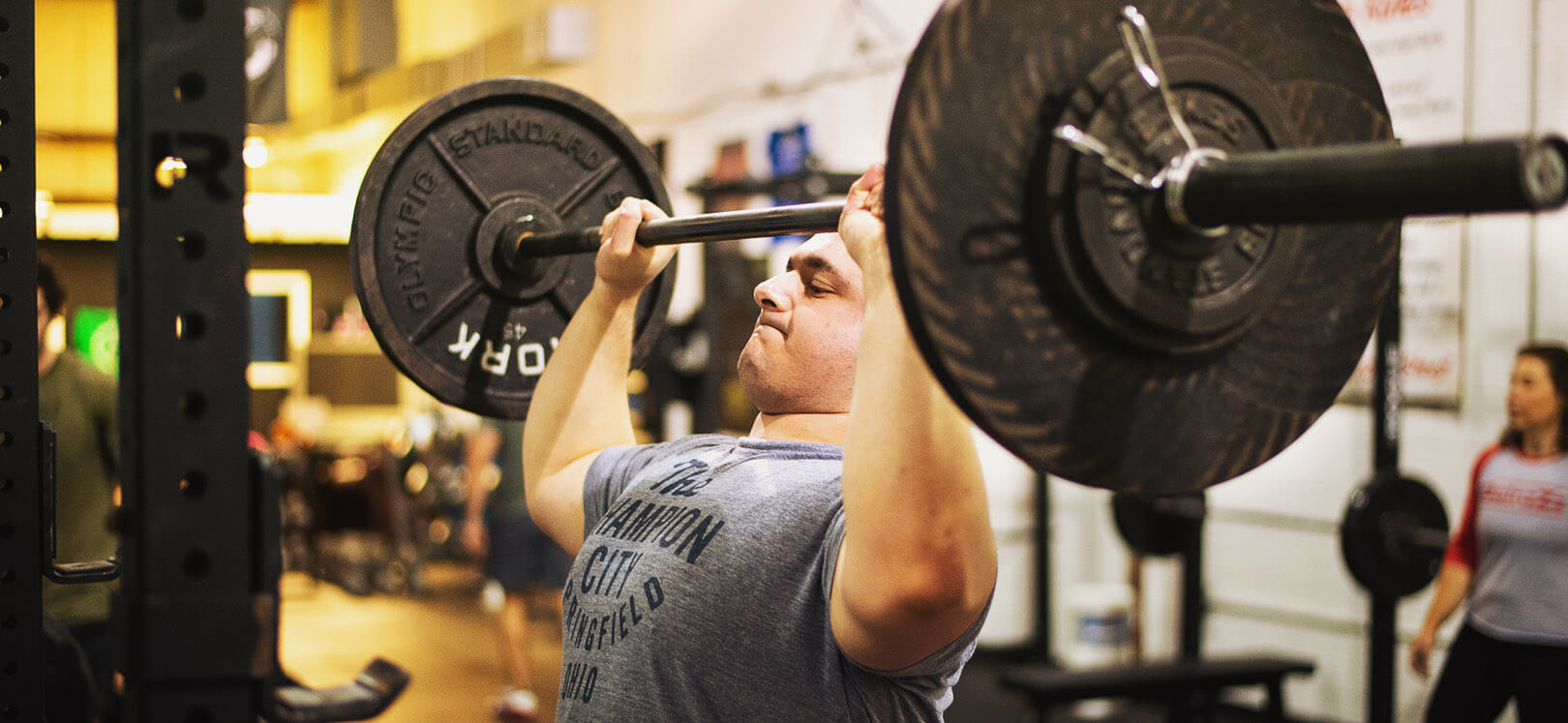In late 2016 my right shoulder started hurting pretty badly after a training session. In early 2017 I had sugery on it. They did a bone spur removal from the under side of the acromion, clean up of arthritic AC joint tissue, and a debridement of the tissues of the labrum and rotator cuff. While I had a partial-thickness tear of the supraspinatus, I was able to avoid a full rotator cuff repair (maybe due to the fact that I told the surgeon repeatedley to only do it if it seemed like there was no other option).
It took me something like 18 months for it to feel normal. Here's my two cents and experiences:
THIS IS NOT MEDICAL ADVICE. This is my experience and what I have learned from years of research and recovery.
-the folks at the orthopedic clinic, while nice enough, did not seem to absorb what I was saying when I repeatedly told them "I train
gymnastics, and need to be able to do handstands and heavy overhead work." I was originally told "12 weeks to full activity." What they should have said was "12 weeks to picking up a light dumbell without pain."
The lesson here was to get crystal clear communication from your providers, whether they are doctors, surgeons, PTs, or whoever.
-Going off the previous point: I wish I had looked around for other PTs in my area to help me get back to what I enjoy. I did a lot of self research and experimentation, and while I eventually got back to normal, it's possible I could've done so faster if I had good guidance.
My lesson here is that if who you are working with (even if that's yourself) is not helping, don't be afraid to ask around elsewhere.
-Next, this one is straightforward, but requires a little elaboration.
If you're not seeing improvement with what you're doing, try other things. I think it's normal for us to get a bit myopic about injuries. "I injured my shoulder therefore I need a lot of shoulder-specific work." While the
tissue and supporting structures definitely need attention, it is also true that shoulder function can be affected by other areas of your body. For example: If you carry most of your weight on on leg (unconsciously), this can cause a "twist" in your hips, which can cause a re-orientation of your ribcage, which can throw off the way your scapulae sit on it, which can affect their stability and function, which
may (or may not) lead to shoulder pain/issues.
It is for this reason that I recommend seeking out varying opinions and different kinds of methods and approaches to pain and recovery. Not all PTs are versed in the same approaches, and if you end up stuck, it may be that another perspective is needed.
**If you would like some accessible resources regarding the above example, I recommend searching "Conor Harris" on youtube. He makes easy to understand videos about biomechanics and how the different parts of the body affect each other, as well as exercises for various issues.**
-Some general points that helped me in the long run:
- Don't overdo things. I think I sometimes fell into the trap of "experimenting to see what works" a little too much. This, I believe, ended up overworking my shoulder. More is not better, better is better.
- Off that last sentence, you should see a gradual improvement over time. Even if there are ups and downs, you should be able to tell a difference a few months down the road.
- For this reason it is important to keep a journal. Just add in how your shoulder is doing each day in whatever your regular training journal is. If you don't keep one, this is a great time to start. I like to write in red pen when things are feeling worse or not going well, and I use a highlighter for when things feel especially better than normal. This way, when I review my journal, I can see where things were working better or worse and what I was doing around that time. The more red I see, the more I know something is off or too much or something.
- Journal more than just training. It can be useful to know how you've been sleeping, if you were eating less, drinking more, or stressed, etc. These things can all affect your perception of pain.
- Speaking of which. . . it has been shown that: the body up-regulates pain sensitivity around injuries, sometimes people will report pain when there is no damage (or the damage has been healed), or they will report no pain when things like MRIs show "damage." So, while I would definitely remain in contact with a medical professional, I tend to base (subjective) injury recovery off of pain free function. If you have less pain and better function over time, you're probably doing good.
- Going off of that. . . sometimes my shoulder would complain a bit after training/rehab, but then would get better between sessions. So, like stated above, what you really want is a gradual increase in pain-free function, even if there is a little discomfort. Rehabilitation is often NOT a straight line, and is more often a messy, chaotic squiggle. The upward trend is more important that the day-to-day in my experience. If you're having a bad day, just take it easier or rest it.
Exercises that helped me: Your mileage may vary. What worked for me may not help you, but these are things that seemed to help.
- Once I got over the acute recovery phase, meaning little to no day to day pain, and I could raise my arm, unloaded, overhead without pain: Banded cuban rotations and presses. I used therabands (start light), and did these almost every day. These were, hands down, the first exercise that really gave me good returns. You can also do these unilaterally, with the band anchored to the opposite side of the working arm (anchored to the left if working the right arm) and the arm in front (anteriorly abducted) instead of to the side. The exercise I am referring to is at about 3:40 in the video. You can use a single theraband, you don't need his specific setup.*
- Serratus slides. A lot of impingement and shoulder issues in general result from poor coordination between the scapula and humerus. These get the scaps moving and have been shown to have greater EMG activation of the serratus than scapular pushups (which I also like). There are a gazillion videos of these, but I like the older videos that Eric Cressey put out. Just use google.
*
FWIW I used a lot of that guy's stuff. I don't agree with all of his methods these days, but I did find usefulness in a lot of it.
Final words: If it hurts worse after doing stuff, and either stays worse or gets worse in general do less or do something different. It it hurts worse after doing stuff, but then shows a trend of getting progressively better, you may be on the right track. Sometimes post-training soreness is okay, as long as it goes away within an hour or two.
ONCE AGAIN, THIS IS NOT MEDICAL ADVICE. This is just my experience.
I hope it helps.




